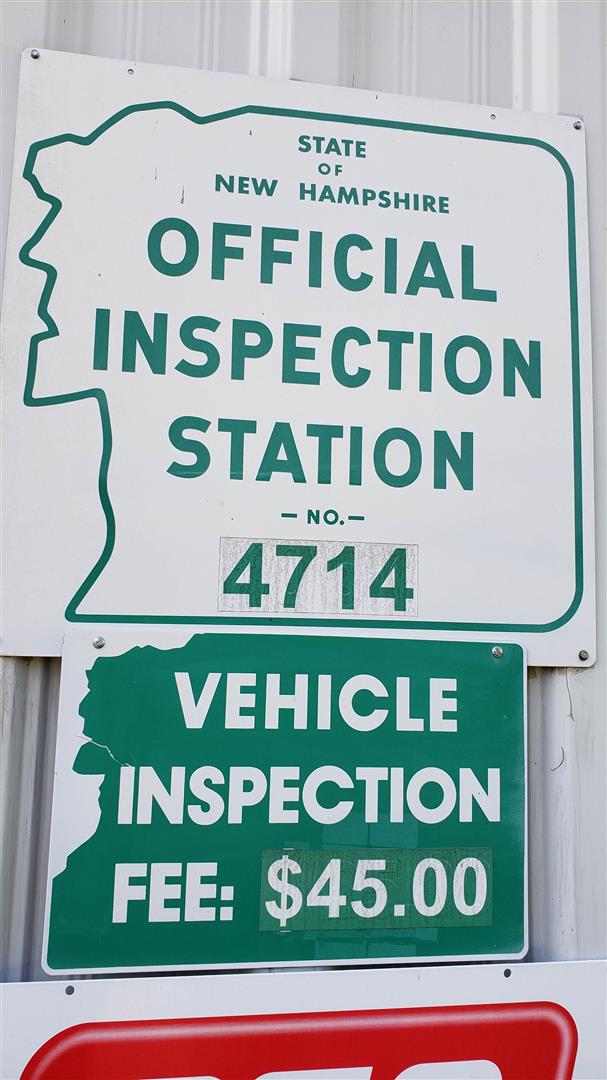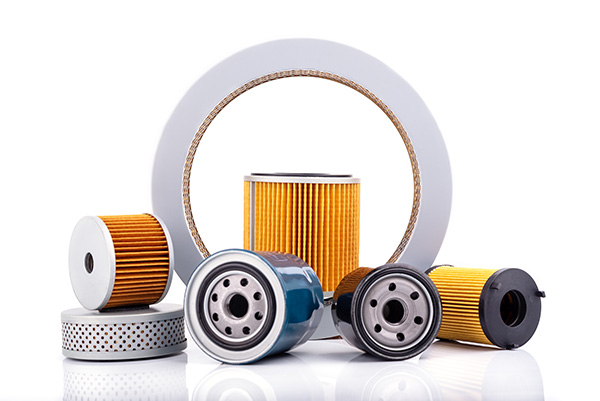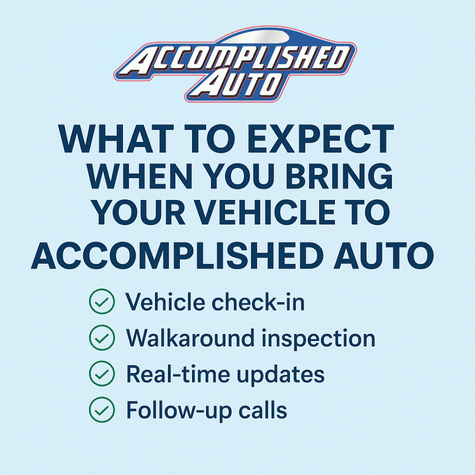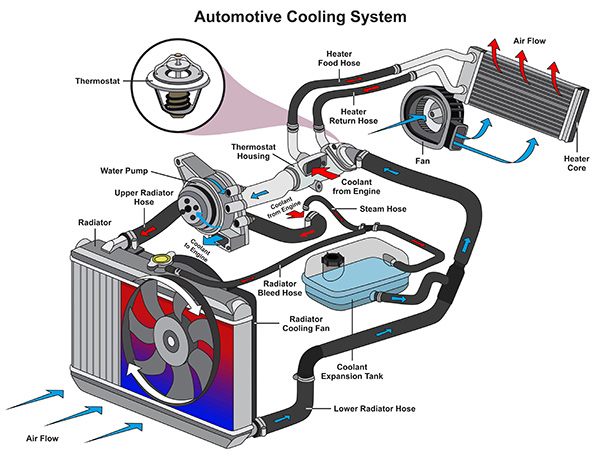Posted on 6/2/2025

A Comprehensive Guide to NH State Inspections: Understanding OBD2 Requirements Ensuring Compliance with Emissions Standards in New Hampshire Introduction New Hampshire's state vehicle inspections are an essential aspect of ensuring road safety and minimizing environmental impact. Among the inspection requirements, the OBD2 (On-Board Diagnostics II) standards play a pivotal role in determining a vehicle's emissions compliance. This blog post delves into the specifics of OBD2 requirements, especially focusing on how they apply to vehicles of varying ages and the nuances of readiness monitors. Inspection Requirements for Vehicles Over 20 Years Old In New Hampshire, vehicles over 20 years old are subject to relaxed inspection requirements compared to their newer counterparts. These vehicles undergo a visual inspection to confirm the presence of all emissions equipment originally installed by the manufacturer. This includes components such as catalytic converters and smog pumps ... read more
Posted on 5/30/2025

Your car has several filters working quietly in the background to protect key components and keep everything running as it should. While oil changes and brake inspections often get top billing during routine service, these filters play a crucial role in engine health, fuel efficiency, and cabin comfort. Ignoring them can lead to reduced performance, premature wear, and costly repairs. Let’s take a look at the five most important filters in your vehicle and why they should be a regular part of your maintenance schedule. 1. Engine Oil Filter Every time you drive, your engine oil picks up dirt, metal shavings, and carbon deposits. The oil filter traps these contaminants and keeps them from circulating back through the engine. If the filter becomes clogged or too old, it won’t do its job effectively, and dirty oil can cause damage to engine bearings, pistons, and other moving parts. Changing your oil filter along with the oil is essential. Skipping the filt ... read more
Posted on 5/23/2025

At Accomplished Auto, we know how important your vehicle is to you—and we’re here to take care of it with precision, professionalism, and full transparency. Whether you're coming in for routine maintenance, a deep detail, or specialized repair work, here's what your journey looks like from the moment you book your appointment. 1. Book Your Appointment It all starts with a simple phone call, website inquiry, or message through our social channels. You’ll hear back from us promptly—usually within 24 hours—to set up a time that works for you. We’ll gather a few details up front about your vehicle and the reason for your visit. If necessary, we’ll schedule a visual consultation or inspection ahead of time. 2. Custom Quote and Service Recommendations Once we understand your needs, we’ll put together a detailed proposal. This includes: A breakdown of recommended services Transparent pricing Time estimates Optional upgrades or add ... read more
Posted on 5/19/2025
.png)
Teen Driver Safety Checklist for the 100 Deadliest Days As summer rolls in, so do sunny drives, road trips, and... risk. Between Memorial Day and Labor Day, crash rates for teen drivers spike dramatically, making this stretch of time known nationally as the 100 Deadliest Days. At Accomplished Auto, we’re not just about fixing cars — we’re about protecting lives, especially those of new and young drivers navigating the road for the first time. Whether you're a teen behind the wheel or a parent handing over the keys, this checklist is for you. 🛑 The 100 Deadliest Days Are No Joke Car crashes are the leading cause of death for teens in the U.S., and nearly 60% of those crashes involve distracted driving. The good news? These incidents are ... read more
Posted on 5/2/2025

Understanding Why Vehicle Cooling Fans Stay On Exploring the Complex Reasons Behind a Common Issue In the intricate world of modern vehicles, the phenomenon of cooling fans remaining on constantly can be perplexing. This issue isn't as straightforward as it may seem, involving a myriad of computer strategies designed to ensure optimal engine cooling and prevent overheating in today's high-performance engines. Computer Strategies and Engine Cooling Vehicle cooling systems use advanced computer algorithms to monitor and adjust engine temperatures. A cooling fan may stay on to maintain proper cooling. Issues might not trigger a maintenance light immediately, even if faults are detected. Temperature Sensor Failures One of the key factors contributing to this issue is a malfunctioning temperature sensor. These sensors are responsible for accurately reporting the engine's temperature to the computer. If a sensor fails and misreports the temperature, the computer might errone ... read more